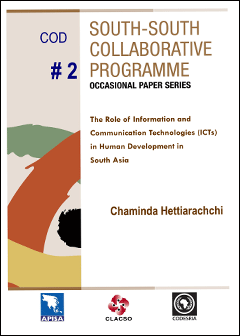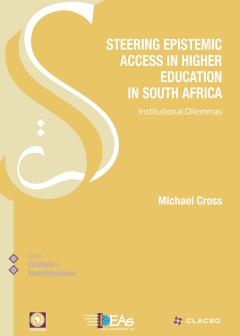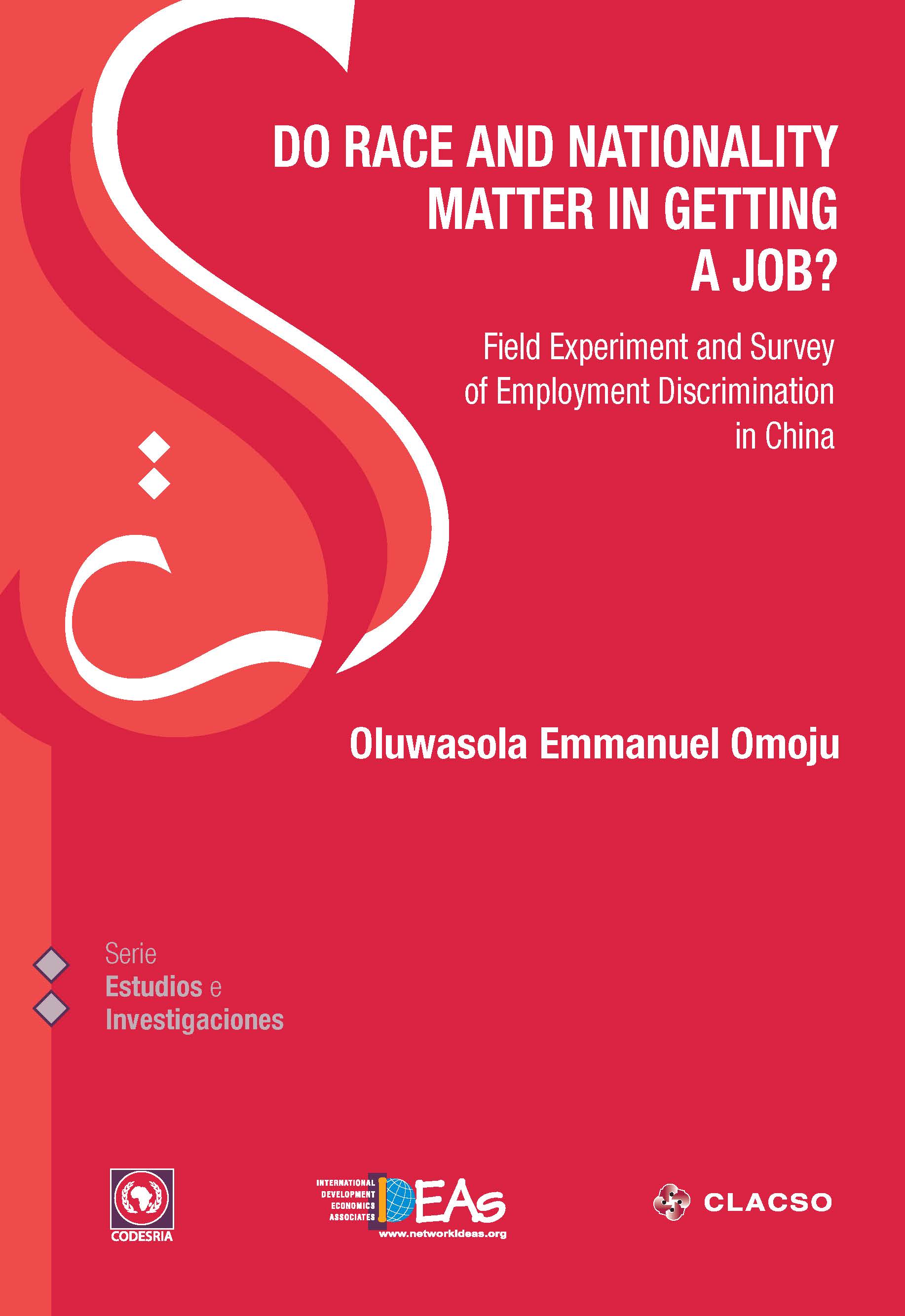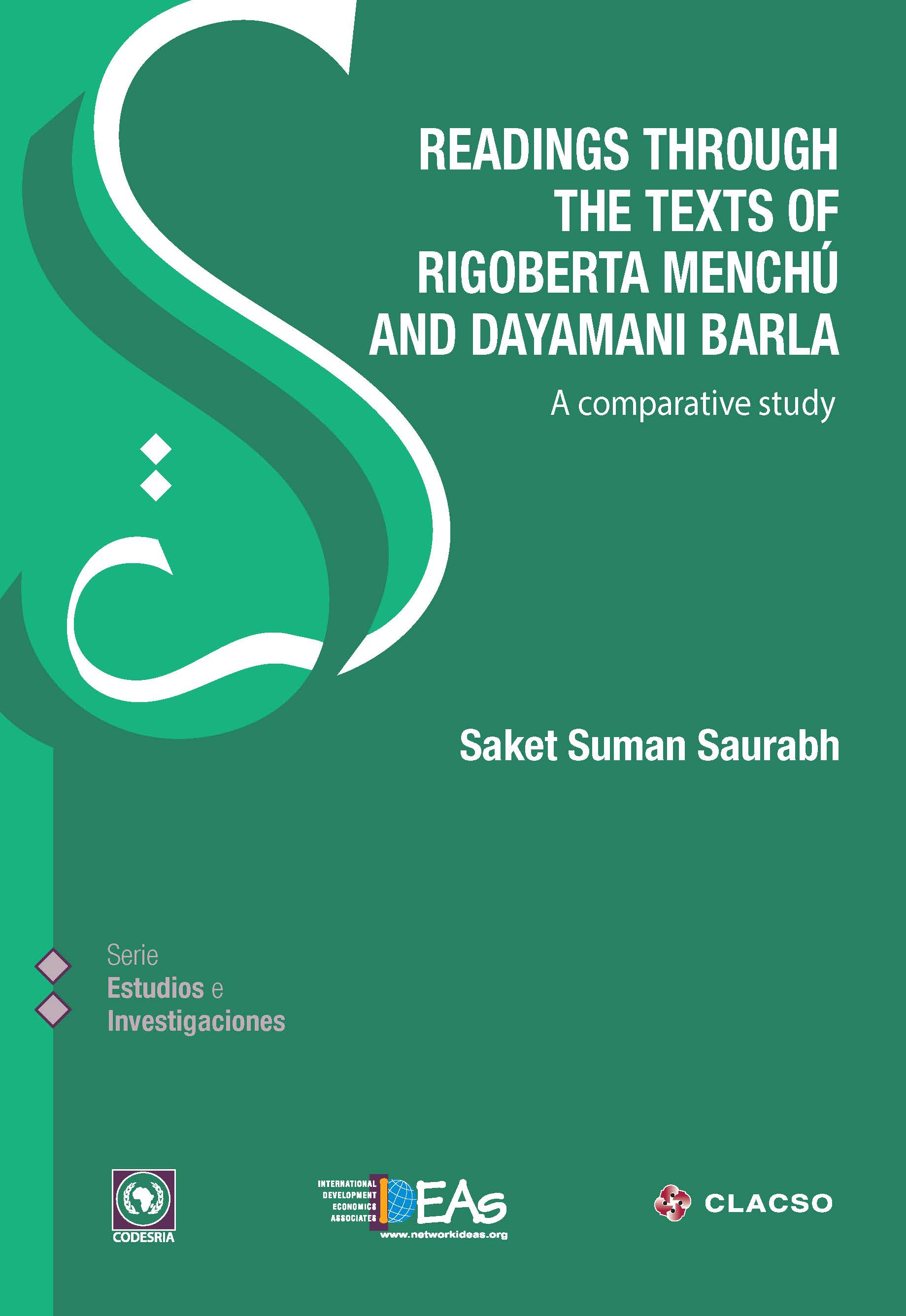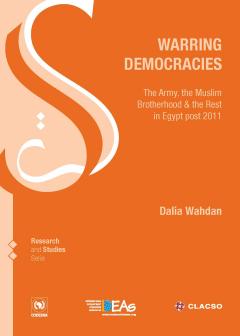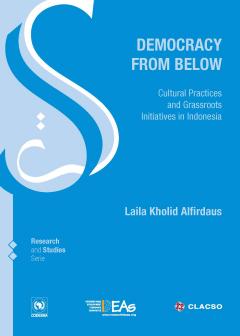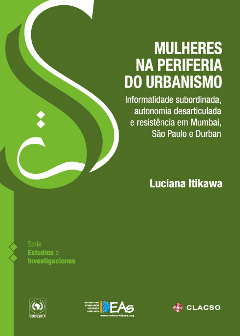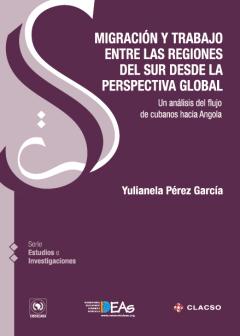- Sur-Sur.
Occasional Paper Series COD #2
The role of information and communication technologies (ICTs) in human development in South Asia
Compartir:
Technology has been at the heart of human progress, and has been a key feature of human identity and progress right from the days of the printing press. Twentieth century technologies not only improved health standards and food production worldwide, but also had multiplier effects across income levels and innovative capacity. Technical progress accounted for 40-50% of mortality reductions between 1960 and 1990. But today's technology transformations are more rapid than in the past, especially in Information and Communication Technologies (ICTs) areas like processor power (Moore's law), memory storage, bandwidth (Gilder's law), and telecom costs. Global spending on ICT - projected to reach $6 trillion by 2008 - also opens up niche opportunities for service providers in developing countries. The Internet - with an estimated two billion users in 2007 - is breaking geographical boundaries, making markets more efficient, and opening up global employment opportunities. But though the market is a powerful engine of technological progress, it is not powerful enough to create and diffuse the technologies needed to eradicate poverty. There are still huge North-South gaps, and divides within North and South as well. This gap is normally called "digital divide". This paper seeks to identify the problem of digital divide in South Asia and look into possible options to such technology for the human development of the people in the region.
Detalle
- Editorial/es:CLACSO. CODESRIA. APISA.
- Ciudad de edición:Buenos Aires.
- Fecha de publicación:Enero de 2008

